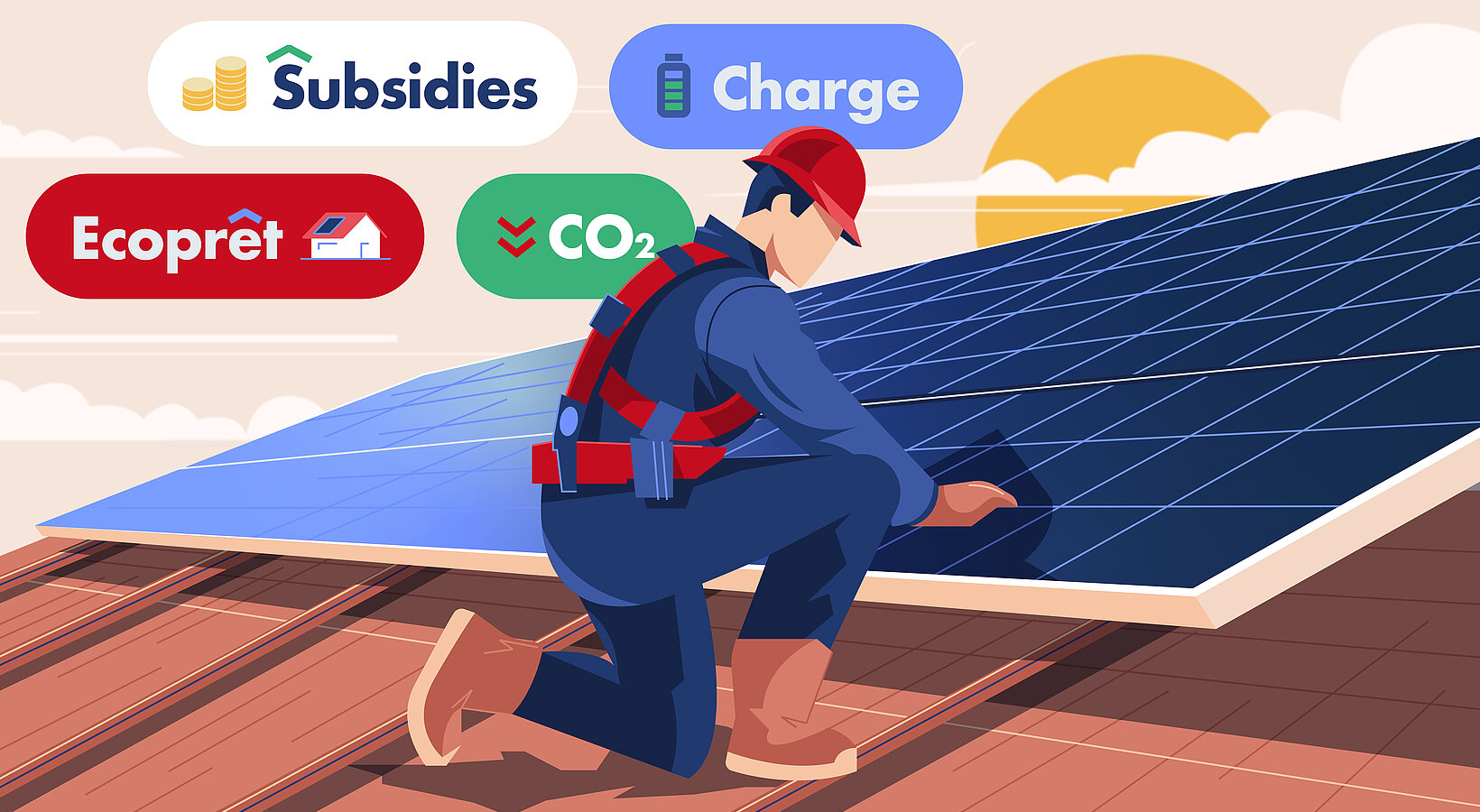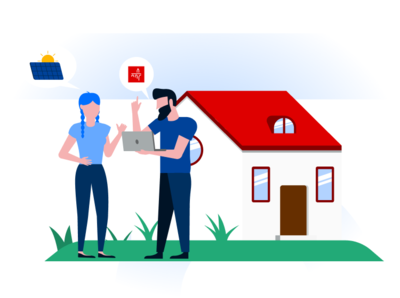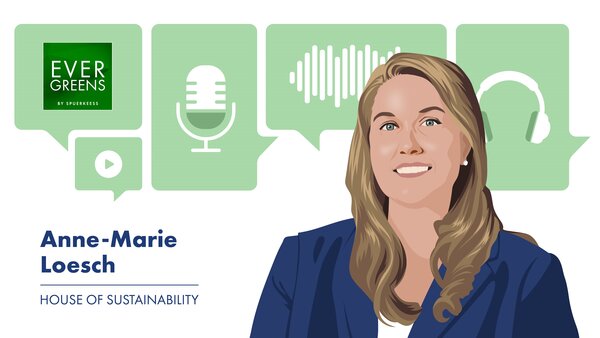Evergreens Insights: Nick Huberty talks about the financial markets - volatility, diversification and geopolitical realities
In this short extract from the “Evergreens by Spuerkeess” podcast, we give the floor to Nick Huberty, Portfolio Manager at Spuerkeess, to explain what is driving the financial markets in 2025. He discusses the mixed performance of equities, the effects of US monetary policy, the challenges of diversification and emerging trends such as commodities and cryptocurrencies. He gives a lucid and qualified analysis on prudence and opportunities.




![[Translate to English:] [Translate to English:]](/fileadmin/_processed_/4/7/csm_438_EXP_Julien_Kohn_Spuerkeess_9001fc61ae.jpg)
![[Translate to English:] [Translate to English:]](/fileadmin/_processed_/c/3/csm_437_EXP_David_Schmit_Spuerkeess_6beedf10c9.jpg)
![[Translate to English:] [Translate to English:]](/fileadmin/_processed_/6/7/csm_433_EXP_Francesco_Ferrero_LIST_31171ca1b1.jpg)
![[Translate to English:] [Translate to English:]](/fileadmin/_processed_/d/1/csm_434_EXP_Nicolas_Griedlich_Deloitte_f84788af86.jpg)
![[Translate to English:] [Translate to English:]](/fileadmin/_processed_/0/d/csm_435_EXP_Rachid_M_haouach_Spuerkeess_6aout25_4132487c59.jpg)
![[Translate to English:] [Translate to English:]](/fileadmin/_processed_/0/6/csm_431_EXP_Claude_Wurth_Spuerkeess_7146fed026.jpg)
![[Translate to English:] [Translate to English:]](/fileadmin/_processed_/7/5/csm_368_EXP_Alternatives_epargne_Pro_c96f107bd8.jpg)
![[Translate to English:] [Translate to English:]](/fileadmin/_processed_/0/d/csm_392_EXP_Michel_MARX_189a526800.jpg)
![[Translate to English:] [Translate to English:]](/fileadmin/_processed_/9/d/csm_328__EXP__Andrea_Maramotti__Immotop_163f2ecbe1.jpg)

